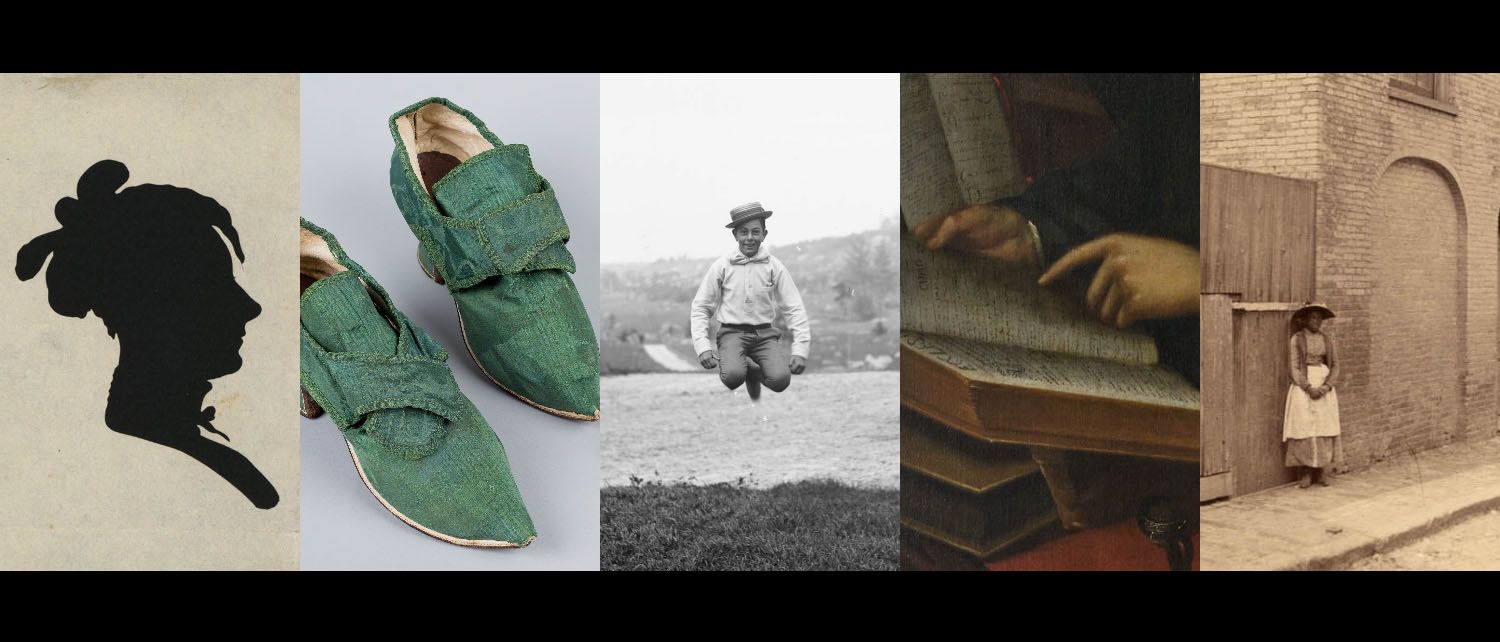After Lives: On Biography and the Mysteries of the Human Heart

MHS Event
Megan Marshall, Emerson College
In conversation with John Stauffer, Harvard University
This is a hybrid event. The in-person reception will begin at 4:15 PM.
Megan Marshall’s innovative books, including The Peabody Sisters and the Pulitzer Prize-winning Margaret Fuller, are treasured works of American biography. Now Marshall turns her narrative gift to her own art and life, reinventing the personal essay as a portal to the past and its lessons for living into the future. The book’s six chapters range across centuries and continents, from Heian Kyoto to Hawthorne’s Concord, WWI Paris to 1960s Pasadena, Marshall’s California hometown, when Civil Rights gave way to Black Power as seen through the short, tragic life of her classmate Jonathan Jackson. Join Megan Marshall in conversation with distinguished historian John Stauffer as they discuss the biographer’s impulse to learn from others, as Marshall writes, “how to live, how not to live, what it means to live.”
Join the conversation at the New England Biography Series. By providing an opportunity for those interested in the craft of biography to convene and converse, this series creates a community that will support biographical works in progress and help inspire future projects. Learn more.
Purchasing a $25 seminar subscription allows you to support the seminar series. Subscribe at www.masshist.org/research/seminars.
Hybrid Event
The in-person reception starts at 4:15 PM and the program will begin at 5:00 PM.
Masks are optional for this event.
The virtual program begins at 5:00 PM and will be hosted on the video conference platform, Zoom. Registrants will receive a confirmation message with attendance information.
By registering you are agreeing to abide by the MHS Visitor Code of Conduct.
